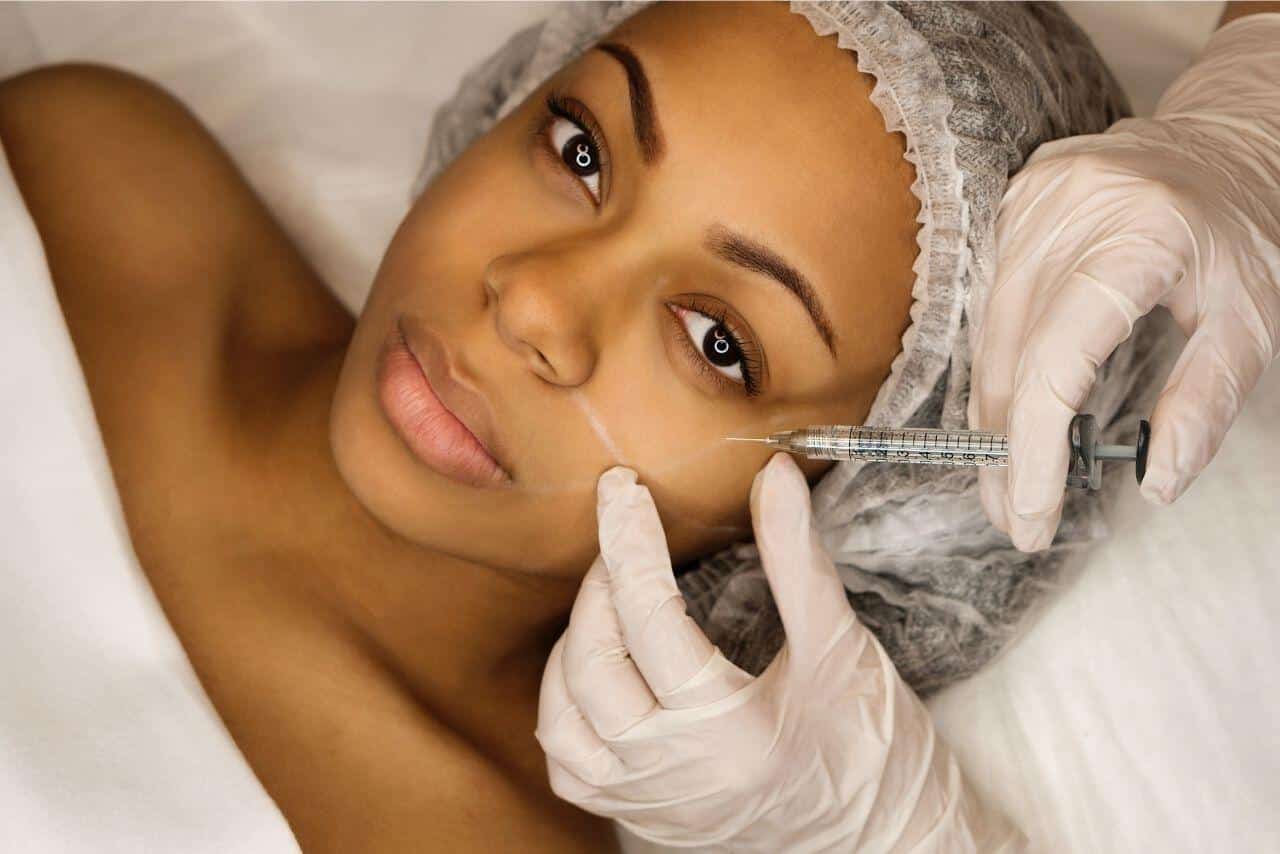
Patients of a wide range of ages are addressing the appearance of fine lines, wrinkles, and sagging skin so they can look their best, no matter their age. Dermal fillers like Juvederm and Restylane can do just that, effectively reducing the appearance of wrinkles, facial lines, and other signs of aging.
But while modern dermal fillers are extremely safe, any time an injection is administered there’s a small risk of bruising. For anyone considering filler treatments, we’ve put together the following list of five tips to help you stop bruising before it starts. Let’s jump in!
1. Before treatment, avoid medications or supplements with blood-thinning effects
Certain medications and supplements can slow down blood platelets, the cells in your blood that help stop bleeding and bruising. If your platelets are unable to get to the broken capillaries or blood vessels quickly after an injection, your chances of bruising increase.
To reduce the risk of bruising, we advise you stop taking aspirin, NSAIDs (e.g., Advil, Motrin, naproxen, and ibuprofen), and any supplements that also act as mild blood thinners at least two weeks prior to treatment.
Common supplements to avoid before treatment include vitamin E, St. John’s Wort, garlic, turmeric, chia seeds, Ginkgo biloba, and flaxseed oil (and any other oils high in omega-3 fatty acids).
As always, it’s best to talk to your doctor before stopping any regular medications or supplements.
2. Eliminate alcohol before and after treatment
Alcohol acts as a vasodilator, causing blood vessels to relax and open wider. Even small amounts, like a glass of wine or a shot of hard alcohol, can trigger this effect and increase your risk for bruising after filler treatments. Fortunately, the vasodilating effects of alcohol are short-lived. Avoid alcohol for 24 hours before and after treatment to reduce your risk of bruising at injection sites. Then you should be all clear.
3. Try taking Arnica before and after treatment
Arnica montana, also referred to as simply Arnica, is a flowering plant that grows in sunny locations at higher elevations. It’s been used for centuries to treat a variety of conditions, including bruising and swelling.
Taking Arnica pills (or sublingual tablets) 4-5 days before and after your treatment can help keep bruising at bay. Not sure where to find it? Arnica is available as an over-the-counter supplement at most drugstores, homeopathic shops, and even online stores.
4. Apply ice or cold packs to the affected areas during and after treatment
Ice and cold packs constrict blood vessels and therefore slow the flow of blood to injection sites. As a result, the risk of bruising from injections is reduced. As an added bonus, applying packs just before treatment numbs the area and may alleviate discomfort from the needles.
Some injectors provide ice packs before treatment. When you get home, you can also apply ice or cold packs to the injection sites to reduce the risk or appearance of bruising.
5. Avoid vigorous exercise for 2 days after treatment
Everyone knows exercise is good for your heart and great for your overall health. But an increased heart rate and the blood flow that accompanies it aren’t so great for bruising.
While you can return to normal activities immediately after dermal filler treatment, consider skipping your daily trip to the gym for a few days. Keeping blood flow at a moderate level by avoiding vigorous exercise for two days after filler treatment can help the damaged blood vessels and capillaries recover faster.
Wrapping Up
Dermal fillers are safe and effective, but they do come with a small risk of bruising. With a little preparation, and some minor tweaks to your daily schedule, you can mitigate these risks and reduce the chance (or severity) of any bruising. This is will get you back into the limelight to share your rejuvenated appearance. Licensed medical professionals are able to buy dermal fillers, like Juvederm and Restylane, online at Health Supplies Plus.
